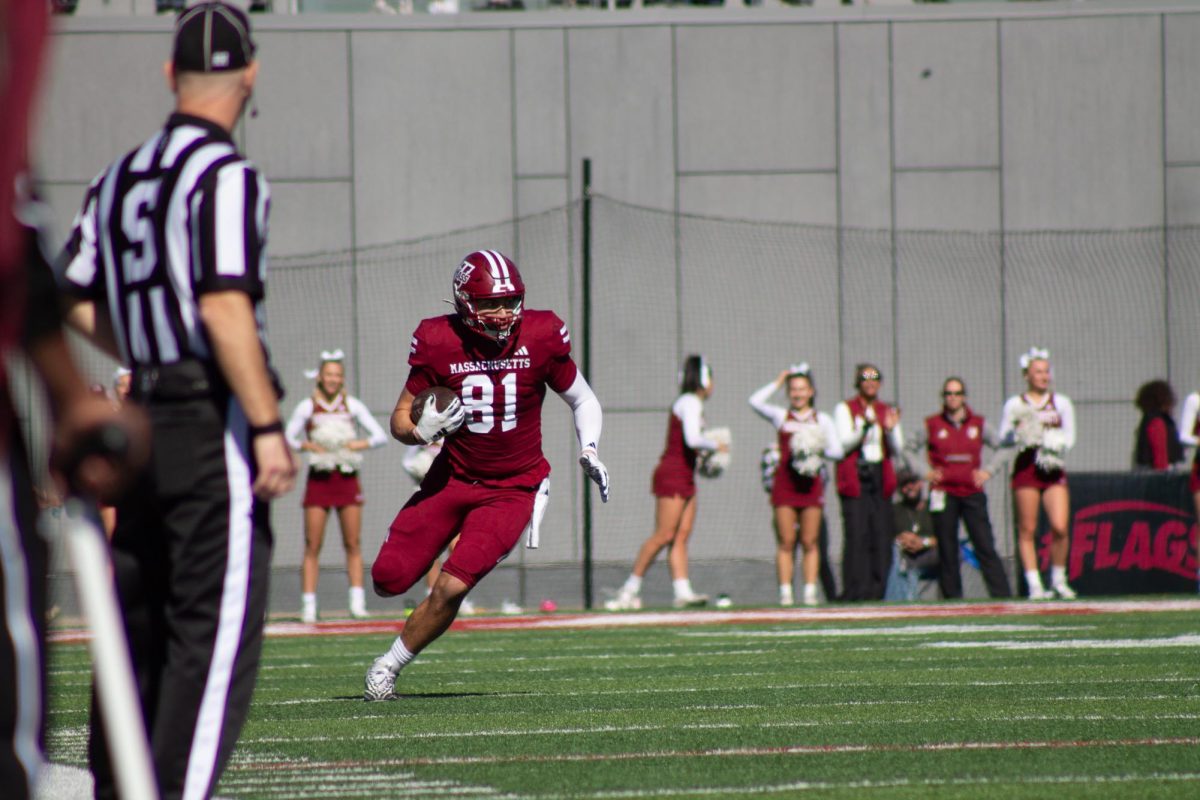HYANNIS (AP) – A Cape Cod legislator wants to close a loophole in the state’s drunken driving laws that bars juries in criminal trials from being told whether or not a defendant refused to take roadside tests or a Breathalyzer.
But he could be up against the state constitution.
Preventing such testimony often leaves juries to wonder whether the tests were even offered, police and prosecutors say.
“It puts Massachusetts prosecutors behind the eight ball,” said Andrea Nardone, vehicular crimes staff attorney for the Massachusetts District Attorneys Association.
State Rep. Cleon Turner, D-Dennis, has crafted a change to state law that would allow refusal testimony in both civil and criminal trials. He may file the legislation in as little as two weeks with House counsel to determine its legality.
“We’re at the phase of this that we are looking for input and encouragement, or discouragement, from others out there in the world,” Turner told the Cape Cod Times.
Yarmouth police are also on board.
“I think it’s the most serious crime,” Yarmouth police Lt. Steven G. Xiarhos said. “It kills thousands of people each year and many of them are innocent people. Is that the way we want to live?”
In Massachusetts in 2004, 476 people died in alcohol-related crashes and 38 percent of drivers in those crashes had a blood alcohol content of the state limit of 0.08 or higher.
Rhode Island, Hawaii and Oklahoma also do not allow refusal evidence into criminal trials.
Xiarhos has polled juries after drunken driving trials. The Breathalyzer frequently comes up.
“They say, ‘We thought you didn’t offer it or it was too low,'” Xiarhos said.
About 25 percent of all drivers arrested for drunken driving in the United States refuse to take Breathalyzer tests. In Massachusetts, that number is almost double, according to an August 2005 report commissioned by the National Highway Traffic Safety Administration.
The state toughened drunken driving laws in October with the passage of Melanie’s Law, which include increased penalties for refusing to take a Breathalyzer test.
But the topic of refusal evidence never made it into the final version of the bill.
The barring of refusal evidence hinges on the state Constitution, which contains a provision safeguarding citizens from self-incrimination, Nardone said.
In response to a legislative inquiry in 1992, the Supreme Judicial Court ruled that allowing refusals would create a catch-22 situation, where refusing or taking the test could lead to an implication of guilt.
“It’s someone being tried without any direct evidence against them, in my opinion,” said Hyannis defense attorney Sean Igoe. “I find it highly prejudicial.”
Igoe also said police and prosecutors have plenty of evidence, from the officer who did the stop, to the backup officer who arrived on scene to the booking officer, all of whom file reports and can testify in court.
– Associated Press






